Ask any JEE topper, and they’ll tell you one thing straight: Class 11 decides how smooth your journey will be. The concepts you learn now in Physics, Chemistry, and Mathematics aren’t just for passing school exams; they’re the backbone of JEE.
If you make your basics strong in Class 11, Class 12 will feel lighter, revisions will be faster, and problem-solving will become sharper. But if you leave gaps now, they’ll keep piling up and hit harder later.
So, how do you make your Class 11 prep solid and JEE-focused? Let’s break it down subject by subject.
Subject-Wise Preparation Strategy for Class 11 JEE
Let’s break down how to approach Physics, Chemistry, and Maths in Class 11 so your basics are rock solid for JEE.
Physics: Focus on Concepts, Not Just Formulas
Physics in JEE is concept-heavy and requires deep understanding. If you simply memorize the formulas without knowing the “why” behind them, it won’t work. So, to avoid this situation, you can follow these tips:
- Master NCERT First: Every law, definition, and derivation must be crystal clear. NCERT is the foundation; reference books come later.
- Visualize the Concepts: Try to connect theory with real-life applications, e.g., Newton’s Laws in everyday motion or optics in lenses. This helps you actually understand and remember the concept better, instead of just cramming it.
- Solve Numericals Daily: Physics is best understood by solving problems. Begin with NCERT and then move to standard JEE books like H.C. Verma, D.C. Pandey, or as per your teacher’s guidance.
- Focus on Key Topics in Class 11: Kinematics, Laws of Motion, Work-Energy-Power, Rotational Motion, and Waves are high-weightage topics that often carry forward into Class 12.
Pro tip: After finishing a chapter, write down all formulas and their conditions in a separate notebook; it becomes your quick-revision weapon.
What’s the biggest mistake students make in Class 11 JEE prep?
Overthinking and perfectionism. Many students waste time obsessing about not wasting their year or getting the perfect branch/college, which only leads to distraction and stress. Focus on regular studying instead of worrying about the outcome.
How many hours should I study each day to avoid burnout?
Start with 2–4 focused hours daily rather than jumping to marathon study sessions like 12–16 hours. Gradually ramp up as habits form. Consistency is more powerful than intensity—burnout happens when students overwork early and can’t sustain it.
Is it okay to continue hobbies and sports while preparing for JEE?
Absolutely! Don’t sacrifice your favorite sport or hobby. Activities like football and music help relieve stress and maintain a fresh mind. Just one hour of physical exercise daily can make a big difference to both body and brain.
What if my coaching is slow or misses topics?
Don’t depend on coaching completely. Take responsibility for your progress—use NCERTs, online resources, and YouTube to complete chapters if needed. Staying ahead of your coaching helps you learn concepts more mindfully.
Why does everyone say ‘avoid backlog and procrastination’?
Backlog is like quicksand for JEE aspirants. Don’t let topics pile up or tell yourself “I’ll do it later.” Address new topics immediately and use vacations to clear any backlog if necessary.
Chemistry – Balance Conceptual Clarity with Memory
Chemistry often feels like three different subjects in one: Physical (problem-solving), Organic (logic + memory), and Inorganic (straightforward memory-based). Handling them smartly in Class 11 can save you hours in Class 12.
- Physical Chemistry: Focus on NCERT theory, practice numericals, and strengthen basics like Mole Concept, Thermodynamics, Equilibrium, and Atomic Structure.
- Organic Chemistry: Don’t just memorize reactions, understand mechanisms. Learn why a reaction happens and how intermediates form. Other reference books can help later, but NCERT concepts and examples are non-negotiable.
- Inorganic Chemistry: NCERT is your Bible. Revise directly from it, make crisp notes, and keep revisiting; memory fades fast if you don’t.
- Smart Revision Trick: Create one-page summary sheets for each chapter, key formulas for Physical, reaction mechanisms for Organic, and charts/tables for Inorganic.
Pro tip: Chemistry can feel boring, but frequent quick revisions (even 5–10 minutes daily) make it manageable and high-scoring.
Mathematics – Practice is the Only Shortcut
Maths in JEE isn’t about how many formulas you know, it’s about how fast and accurately you can apply them. Class 11 maths is vast, but once you master it, many Class 12 chapters will feel easier.
- Clear the Basics: Sets, Functions, and Trigonometry form the base for advanced topics. Don’t rush these chapters; they will keep showing up.
- Algebra & Coordinate Geometry: Quadratic Equations, Permutations & Combinations, Binomial Theorem, and Straight Lines are scoring areas.
- Regular Practice: Dedicate daily time to solving 20–30 problems. Speed and accuracy develop only through consistent practice.
- Mix Easy + Difficult: Start with simpler NCERT examples, then gradually solve tougher problems from books like R.D. Sharma, or Arihant.
Pro tip: Maintain a “mistake notebook.” Every time you get a problem wrong, write it down with the correct approach. If you revise these before your exams, then it will boost your scores dramatically.
The Extra Edge: Study Habits & Mindset for Success
You’ve worked on Physics, Chemistry, and Maths, but that’s not enough. The way you study and the mindset you carry will decide how far you go. So, here are some tips that will keep you consistent, motivated, and ahead of the crowd.
Build the Right Study Strategy
Subject knowledge matters, but your preparation style matters even more. Class 11 is a big leap from Class 10, and handling JEE prep requires structure.
- Time Management: Split your study hours wisely: Physics (concepts + numericals), Chemistry (daily revision), Maths (problem-solving).
- Consistency > Intensity: Studying 3–4 focused hours daily beats pulling 10-hour marathons once in a while.
- Weekly Revision: Dedicate 1 day every week to revising old topics; JEE doesn’t forgive gaps.
- Mock Tests: Start giving chapter-wise tests early. They reveal weak areas and improve exam temperament.
Should I follow multiple teachers or online strategies?
No need to follow too many teachers or random online advice. Stick to one good coaching or set of resources and trust your teachers’ guidance. Avoid constantly searching for “better” teachers or miracle study hacks.
Is doing NCERT still important in Class 11?
I find it hard to balance school exams and JEE preparation. What should I do?
Integrate school learning with JEE prep—use what you study for school as revision for JEE basics and vice versa. Prioritize time management and avoid burning out. Remember, a strong Class 11 base helps both school and JEE.
Are coaching materials alone enough to clear JEE?
Yes, if you study them deeply. Coaching institutes design material mapping the JEE pattern. Focus on understanding and practicing them well, and only supplement if you finish the basics comfortably.
What if I get confused by too many study resources or feel lost about which books to follow?
This is a common fear. Start with NCERTs for all three subjects—they’re the backbone. Use your coaching or school material as the primary reference. Avoid hoarding too many books initially; you can add advanced ones later gradually.
I’m scared because my 10th-grade scores weren’t great. Can I still crack JEE?
Absolutely! Many top rankers in JEE were not school toppers previously. JEE requires renewed focus, smart strategies, and persistence. Forget about 10th-grade marks and focus on your growth from here on.
Is it too early or too late to start JEE preparation in Class 11?
No, Class 11 is the best time to start, and it’s exactly when most serious aspirants begin their journey. Don't worry if others started in 9th or 10th—the foundation you build now is what really matters. What counts more is consistency, not how early you begin.
How many hours should I study every day for JEE in Class 11?
There is no magic number of hours. Some say 3-4 focused hours of JEE preparation daily after school is ideal, but what really counts is quality, not quantity. Even if it’s less, make it distraction-free and consistent.
Mindset & Discipline – The Hidden Ingredient
JEE is as much about mindset as it is about knowledge. Staying motivated through Class 11 can be challenging, especially when results don’t show immediately.
- Set Small Goals: Instead of “I’ll finish Physics today,” say “I’ll finish Laws of Motion examples today.” Small wins keep you moving.
- Avoid Comparison: Everyone has a different pace. Focus on your growth curve, not your friend’s scores.
- Health Matters: Eat light, sleep at least 6–7 hours, and exercise a little. A fresh mind solves problems faster.
Recommended Books for JEE – Buy with Confidence!
Choosing the right study material can make your JEE journey smoother and more effective. Below is a curated list of the most recommended books for Class 11 aspirants. These are tried and trusted by toppers and teachers alike—solid foundations for your prep!
Physics
- NCERT Physics (Class 11 & 12) – Your absolute starting point. Do not skip!
- Concepts of Physics Vol. 1 & 2 by H.C. Verma – Legendary for concept clarity and problem practice.
- Understanding Physics by D.C. Pandey (Arihant series) – Detailed theory and application-focused problems.
- Problems in General Physics by I.E. Irodov – For those who want to challenge themselves with higher-level problems.
Chemistry
- NCERT Chemistry (Class 11 & 12) – Every topper’s bible for both fundamentals and direct JEE questions.
- Physical Chemistry by O.P. Tandon or P. Bahadur – Perfect for mastering numericals and theory.
- Organic Chemistry by Morrison & Boyd or M.S. Chauhan – Great for conceptual and advanced organic understanding.
- Concise Inorganic Chemistry by J.D. Lee – Ideal for theory and exam prep.
Mathematics
- NCERT Mathematics (Class 11 & 12) – Best to master basics.
- IIT Mathematics by M.L. Khanna or Mathematics for Class 11 & 12 by R.D. Sharma – Comprehensive for both concepts and practice.
- Higher Algebra by Hall & Knight – Classic choice for algebra.
- Problems in Calculus of One Variable by I.A. Maron – Excellent for calculus problem-solving.
Closing Thoughts
Cracking JEE depends on the foundation you build in Class 11. The stronger your basics are today, the easier Class 12 and the final exam will feel. Strong basics in Physics, Chemistry, and Mathematics will not only help you sail through Class 12 but also give you an edge in the actual exam. Stay consistent, keep your basics clear, and trust the process.
Remember, every JEE topper you hear about once stood exactly where you are today, uncertain, but determined. What set them apart was not magic, but steady discipline and clarity. Start now, build strong, and your Class 11 foundation will carry you all the way to success.

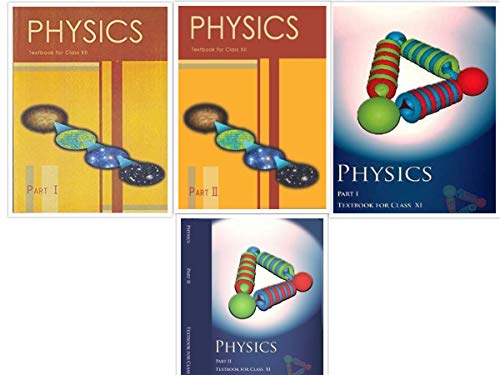
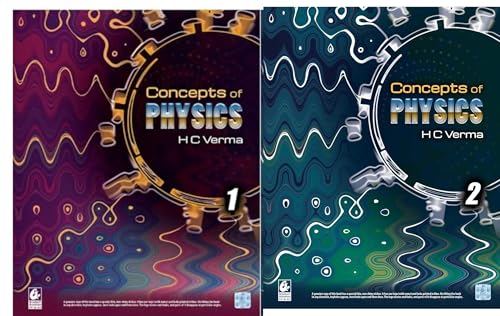
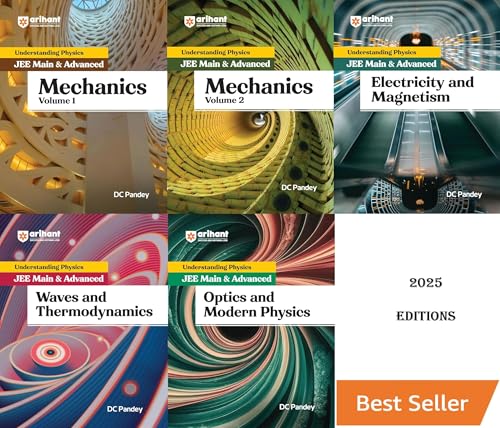
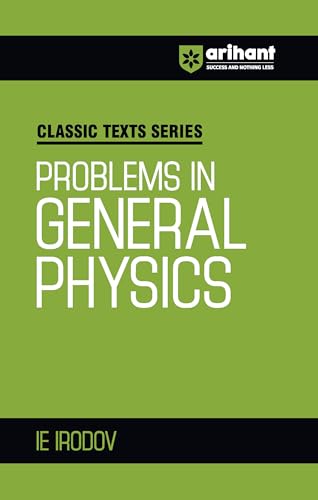
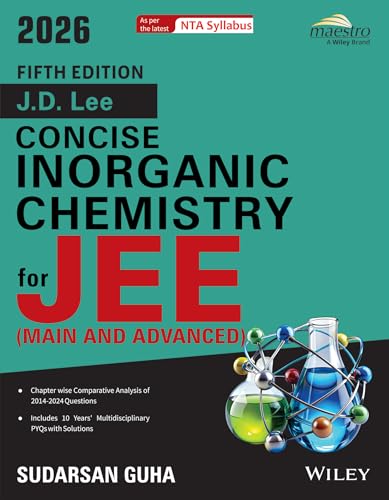

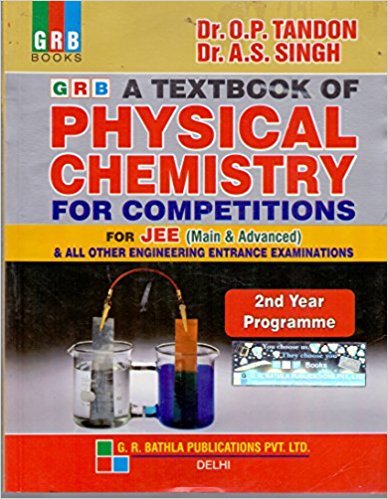
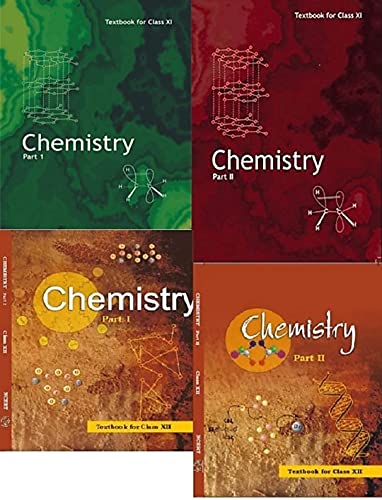
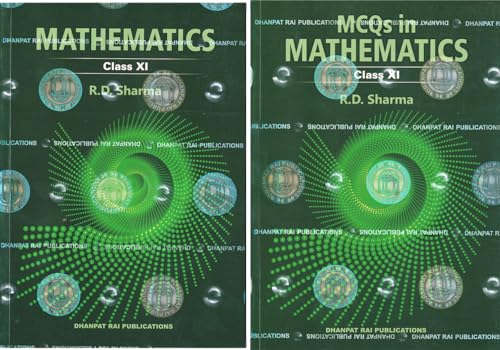
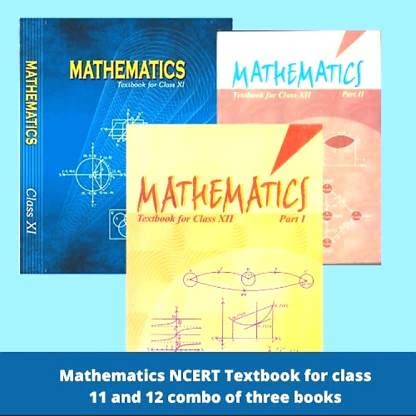

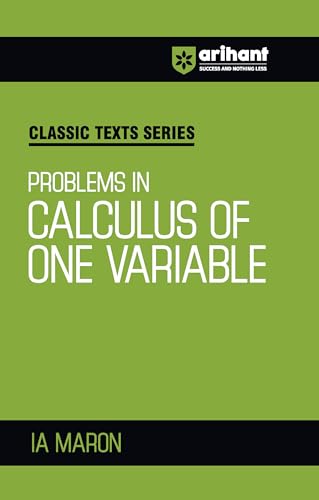








It has been really very helpful for me. Thankx a lot for giving this suggestion.